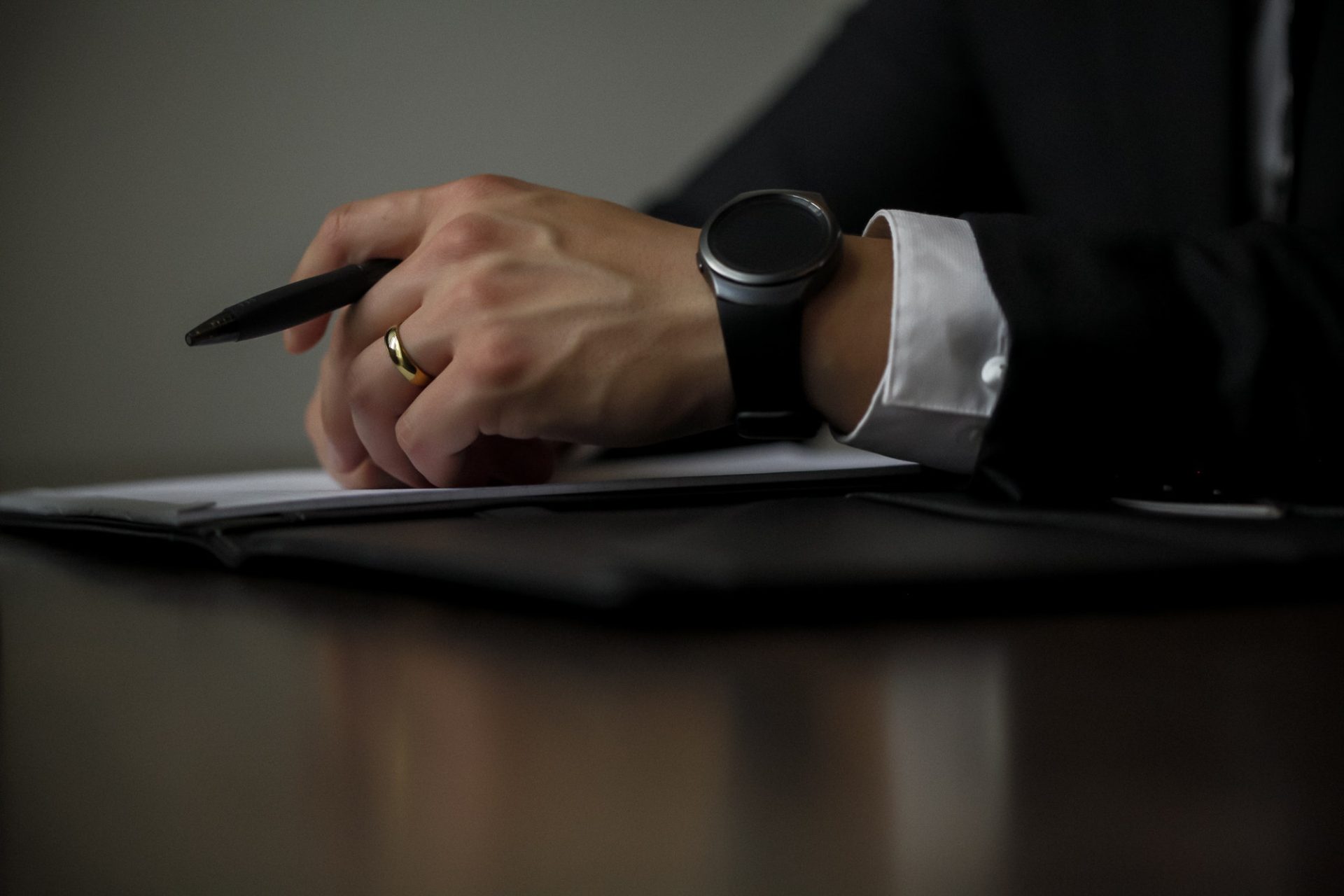4 Stages Of An Interview
Interviews can be a nerve-wracking experience.
There are many unknowns, including what questions will be asked, how will the interviewer respond to your answers, and will the interviewer like you?
On-top of those fears, many candidates are unsure of how the interview process works.
Generally, there are 4 stages of an interview, which encompasses the full length of the interview time.
Stage 1 – The Introduction
Generally, most interviews begin with the introduction phase.
Once you arrive at the interview location, you will check-in with the receptionist, who will let the interviewer know that you have arrived.
The receptionist will ask you to take a seat in the lobby and may ask you if you would like something to drink.
Depending on how early you arrived, the interviewer should come and greet you within a few minutes.
They’ll typically introduce themselves and welcome you to the building.
They’ll also escort you to the meeting room where the interview will occur.
Typically, most interviewers will also ask you if you would like anything to drink.
As the interviewer escorts you to the meeting room, you’ll be conducting some regular small talk and cordialities.
The interviewer will likely ask how your commute to the building was and discuss other non-threatening topics such as the weather.
You’ll both arrive at the meeting room and the interviewer will welcome you to take a seat.
Stage 2 – The Question and Answer Portion
The second stage of the interview is the question and answer portion.
The majority of these questions will be coming from the interviewer, as they look to get a better sense of you as a candidate.
The questions will gradually become more and more narrow and difficult as the interview proceeds.
In the beginning of the question and answer portion, the interviewer will generally ask about your previous work experience.
If you are a recent graduate or a student, the interviewer will focus more on your education and what degree you graduated with.
From there, expect the interviewer to begin asking more focused and direct questions.
Such questions can include reasons for looking for a new position, where you would like to go in your career, and why you are interviewing at the company.
Thereafter, the interviewer will typically ask questions related to the open role and your previous work experience.
This will be specific questions and may ask your knowledge and expertise on certain skills and capabilities.
Dependent on the role and the technical level of the role, this portion of the interview can become a bit rigorous and in-depth.
This portion of the interview is the longest and will take nearly 90% of the total time.
This is to ensure that the interviewer has sufficient time to ask their questions and to get a better sense of the candidate.
Step 3 – The Candidates Questions
The third stage is meant for the candidate.
The interviewer will complete their portion of the interview and will open the conversation for the candidate to ask questions.
It is absolutely instrumental that you ask questions during the interview.
These questions should be well thought out and should relate to the role and position you are applying to.
You need to come prepared for this portion of the interview.
Your questions should revolve around the role and any questions about expectations, strengths needed for the position, and how you can successfully accomplish the role.
At a minimum, bring three questions to ask and feel free to modify dependent on what you learnt during the interview.
Sample questions to ask the interviewer:
- Can you describe the organizational structure of the company and your team?
- Are you hiring multiple people for this role?
- What should a candidate do within the first 90-days to ensure they are successful in the role?
- What type of training opportunities are provided here?
- How would you describe the ideal candidate for this role?
- Would I have the opportunity to travel for this role?
- How will I receive feedback on my job performance?
- Can you describe the culture at the company?
- What particular software skills would a successful candidate need to be proficient in?
- Would a successful candidate be client facing?
- Will I be working with a larger team?
- How many members are on the team?
- Which projects do you see me starting from the beginning?
- Are there any items I can complete from the get-go to start off on the right foot?
Stage 4 – The Closing
The last portion of the interview is the closing.
The interviewer will assure you that they will follow-up with you and let you know on next steps and their decision.
You shouldn’t push for an answer on their decision and give the interviewer sufficient time to think and decide on who would be the best candidate.
You will want to end the interview on a positive note.
Thank the interviewer for their time and ensure you have either a business card of theirs or their email address to send a thank you email after the interview.
Lastly, recap how you believe you would be a perfect candidate for the role and how you are extremely interested in the role and the company.
What Shouldn’t I Ask?
The interview is meant to be an opportunity to get to know one-another.
The interviewer wants to get to know you as both a candidate and an individual.
Similarly, you want to get to know the interviewer and the company.
You should avoid asking questions or discussing anything personal, illegal, or related to human resources.
This includes salary discussions, vacations, benefits, work from home opportunities, or sick days.
That conversation should be saved for once you receive an offer letter.









